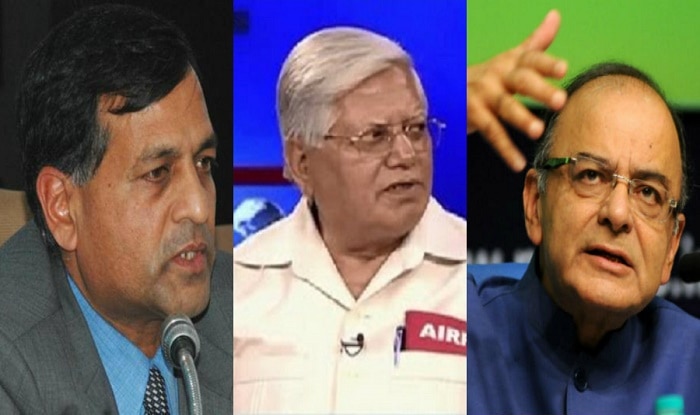7th Pay Commission: Is 7CPC report the worst ever pay panel recommendation?
"The non-timely implementation by Government has further agonised the employees. The question now is - how long should we wait?"

New Delhi, April 24: The workforce employed by Government eagerly await the Pay Commission recommendations for their once-in-a-decade salary hike. Although the salaries of Central Government employees are marginally adjusted per year, their pay is revised as per the market standard only once in 10 years. The 7th Pay Commission, which was scheduled to be implemented from 2016, has caused distress among a large section of Central Government employees. The non-fulfillment of several demands raised by the unions, combined with the delay in higher allowances implementation, has aggrieved a section of the workforce. “This is the worst ever Pay Commission since independence. This hurts the morale of those employees who are on the lower rung of the economic ladder. Everyone is disappointed. Some may express it, others may not,” said a member of All India Railwaymen’s Federation (AIRF), on condition of anonymity.
Is 7CPC report the worst ever pay panel recommendation?
The view of aggrieved employees is echoed by the union leaders, who have been negotiating with Centre over the past one year. The National Joint Council of Action (NJCA), which is leading the negotiation on behalf of employees, has termed the 7CPC report as “disappointing and distressing”.
On being asked by India.com whether 7th Pay Commission is the worst ever pay panel report, NJCA chief Shiv Gopal Mishra said, “Yes. It is, 100 per cent. All employees feel this is the worst Pay Commission. We agree with them.” He further added that none of the Pay Commissioners before had caused such amount of agony among the employees.
Mishra laid articulated the most disappointing factors of the 7th Pay Commission. “The first is minimum wages. Because (earlier), the entire Pay Commission used to be constructed on that. When minimum wage itself is wrong, then the entire report is bound to be wrong,” the NJCA chief added.
“Secondly, this Pay Commission, instead of providing relief to the employees, has squeezed some of the benefits which were available. For example, for women employees, the 6th Pay Commission had approved two-year paid leave for child health care. But 7th Pay Commission says – if the women want to take childcare leave for second year also, they will get only 80 per cent of their pay. 20 per cent would be deducted,” Mishra further pointed out.
“Similarly in the case of House Rent Allowance (HRA), all Pay Commissions – 4th, 5th and 6th – had provided 10, 20 and 30 per cent according to the class of cities. Now, this Pay Commission has recommended 8, 16 and 24 (per cent). So, if there is spiralling price rise and the rent of houses is increasing every year, then how could you decrease the HRA rate instead of increasing it? Such are the blunders of this 7th Pay Commission,” Mishra said.
The NJCA has also marked its dissent against the rejection of ‘Option 1’ demanded by pensioners. The Option 1 allowed pensioners to claim their pension hike according to the pay band in which they were enrolled at the time of retirement. Instead, they have been forced to accept Option-2, which hikes their existing pension using 2.57 fitment factor. “If Option 1 would be provided, it could provide relief to 80-85 per cent of pensioners,” Mishra added.
Apart from the pay panel recommendations, the central government employees are also aggrieved with the delay in implementation. Despite being scheduled for January 1, 2016, the 7CPC report was approved and implemented in July. The hike in allowances were further deferred due to anomalies raised by unions. “The non-timely implementation by Government has further agonised the employees. The question now is – how long should we wait?”





 →
→












0 comments:
Post a Comment